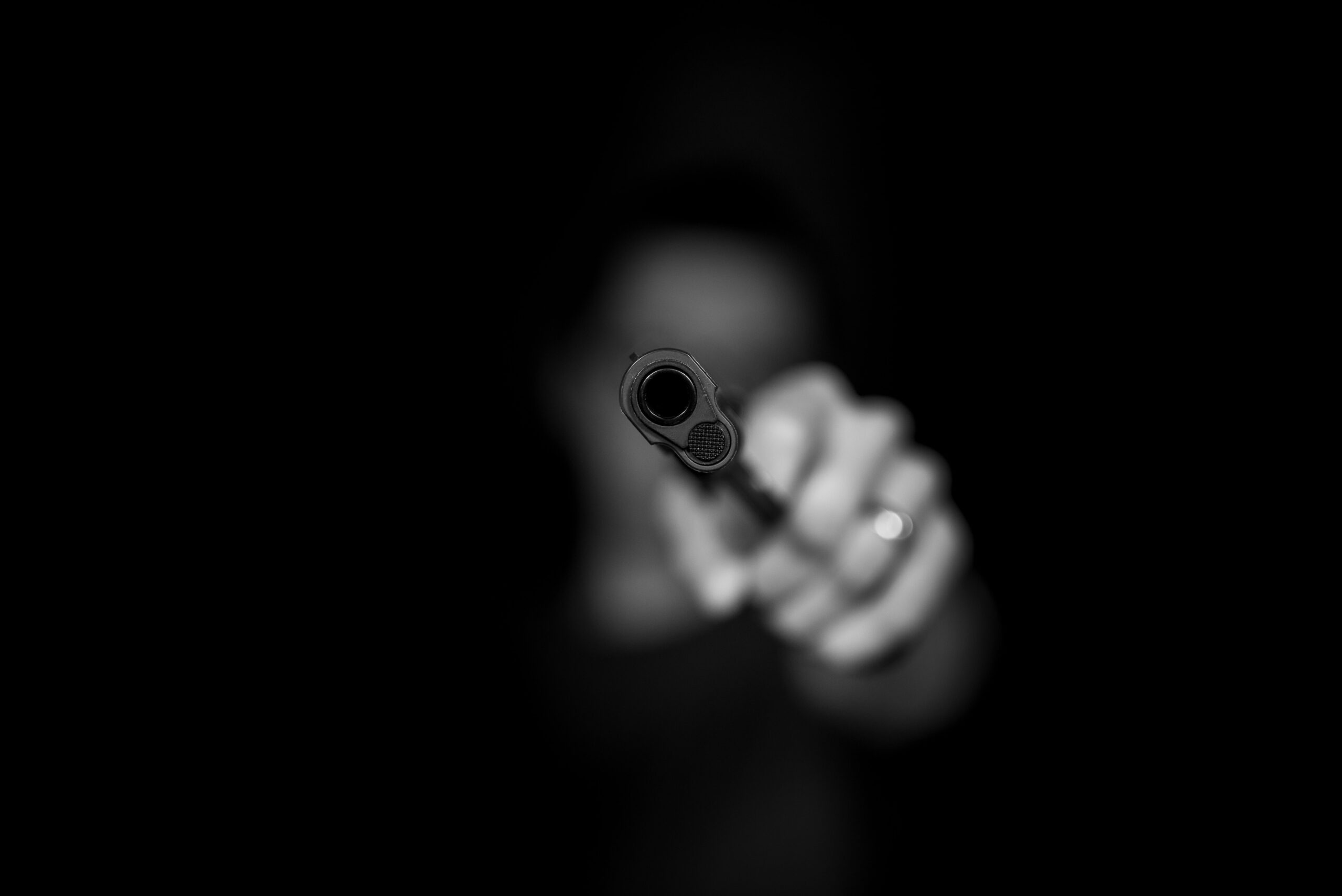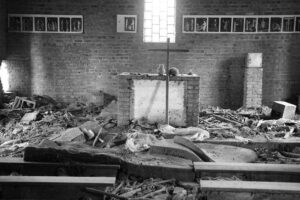Attacker, Murderer, Shooter?

Photo by Max Kleinen on Unsplash
Today the trial against Philip Manshaus started in Norway.
Last year Manshaus killed his 17-year-old step-sister before heading to the nearby Al-Noor Islamic Centre mosque outside of Oslo, where he opened fire, hitting none before being overpowered by three men who happened to be at the mosque at the time.
Manshaus is undeniably Norwegian, and proclaims white nationalism and islamophobia to be the motivation for his acts. He was undeniably inspired both by the terrorist in New Zealand, and by Anders Behring Breivik whom killed 77 in his attacks in Norway in 2011.
As a survivor of the 2011 attack I took part in the trial and commented widely in media. We had issues back then calling Breivik a terrorist, as we have issues calling Manshaus a terrorist today. If you look at the headlines you see all sorts of euphemisms used, shooter, attacker, murderer – but the word terrorist is largely missing.
Having spent the better part of the last decade working to prevent and challenge radicalisation into violent extremism that may lead to terrorism it seems this is a fairly common trend in western media when speaking about extremists and terrorists who undeniably are of western origin and acts on the basis of white nationalism and supremacy or islamophobia, and it’s deeply disturbing.
First of all it shows an unbearable inequality in how we view criminals, while we proclaim a belief in equality before the law as a supposed “western value” – hopefully this perception in the media and thus among the public doesn’t find its way into the courts and their rulings, but it’s hard to argue that’s never the case.
Secondly it shows an unbearable unwillingness to even entertain the notion that terrorism is something that exists in our society, at times it comes from within, it is not just something that happens in the faraway corners of the world, or among the people “we” have defined to not be “us”. Mind you, we seem to have no issue calling it terrorism or extremism when the perpetrators of violent acts have parents or grandparents of non-western background, or when they declare their acts to be founded in Islam rather than in Islamophobia, even when the individuals in question are born and raised in western countries. (we do however sometimes avoid talking about the volume of western, terrorists travelling from westers countries where they were radicalized, to commit their acts of violence in the Middle East, North Africa or beyond – but that’s a whole series of posts of its own).
This inequality leads to a range of issues. First of all, it gives us as a society severe blindness when it comes to the very real issue and danger of radicalisation of angry, young, white men who act out of white-power ideologies, islamophobia and white nationalism. If we don’t talk about these people as what they are – terrorists – we fail, as Mahnshaus is an example of, to hinder repetition of some of the bleakest parts of our history.
Further, by using unequal language, and having an unequal public perception of the severity of these acts we risk not only making our legal system less equal in the treatment of criminals, but also that it serves as a “push factor” – a manifestation of a grievance, that might lead individuals who feel a sense of injustice to be pushed further into a violent ideology, whether they themselves feel victimized, or empowered by this inequality before the law.
Regardless; it’s time to call a spade a spade, and a terrorist a terrorist.


